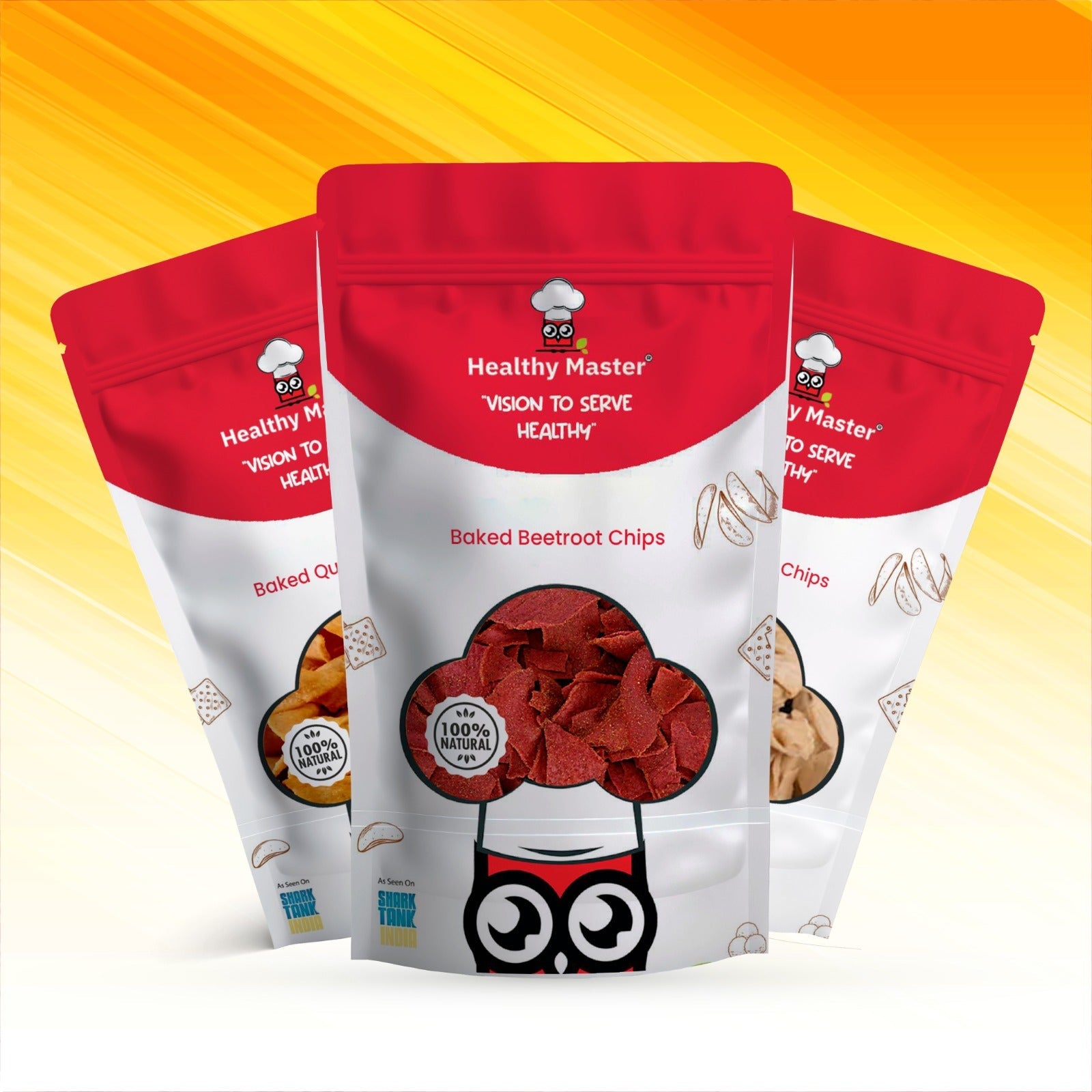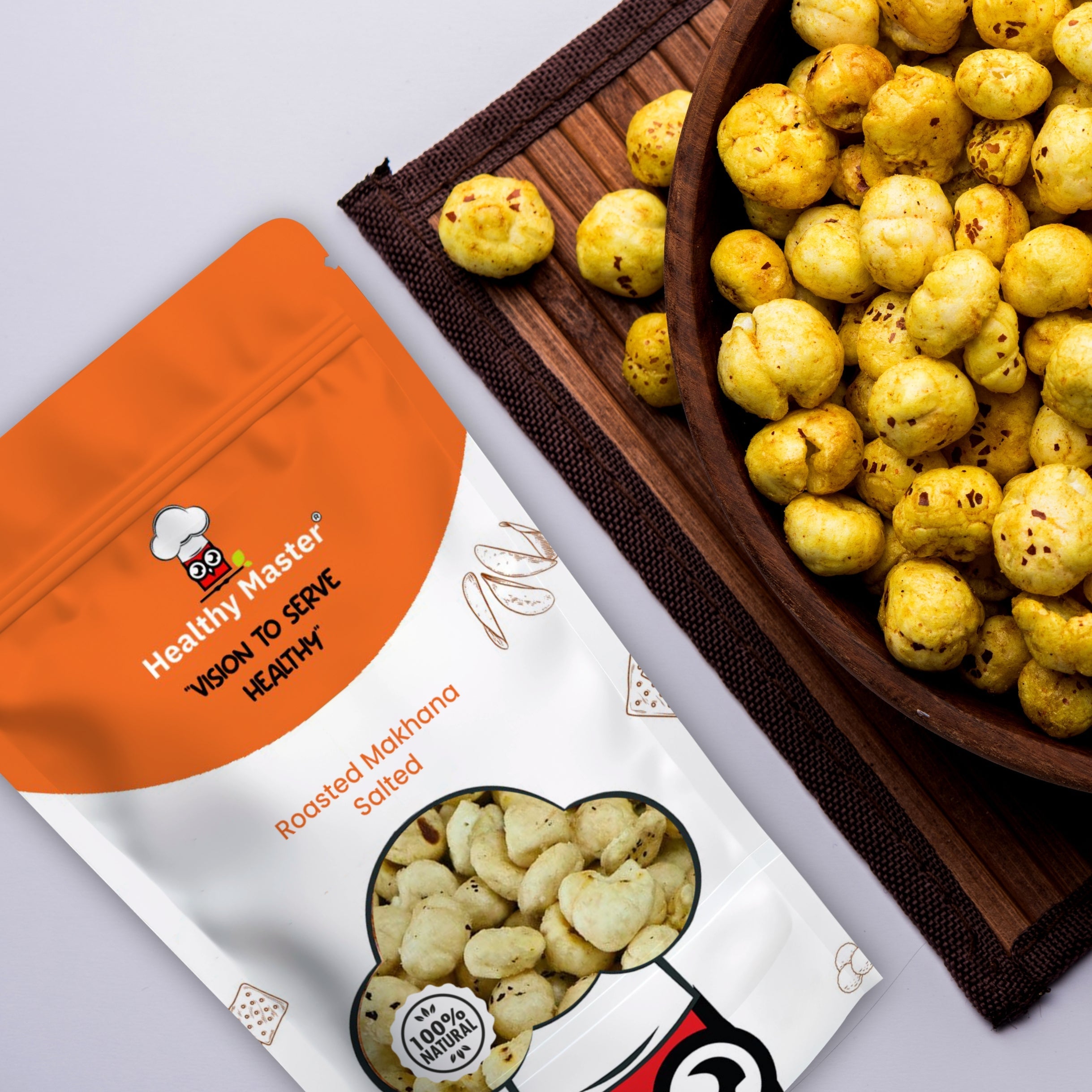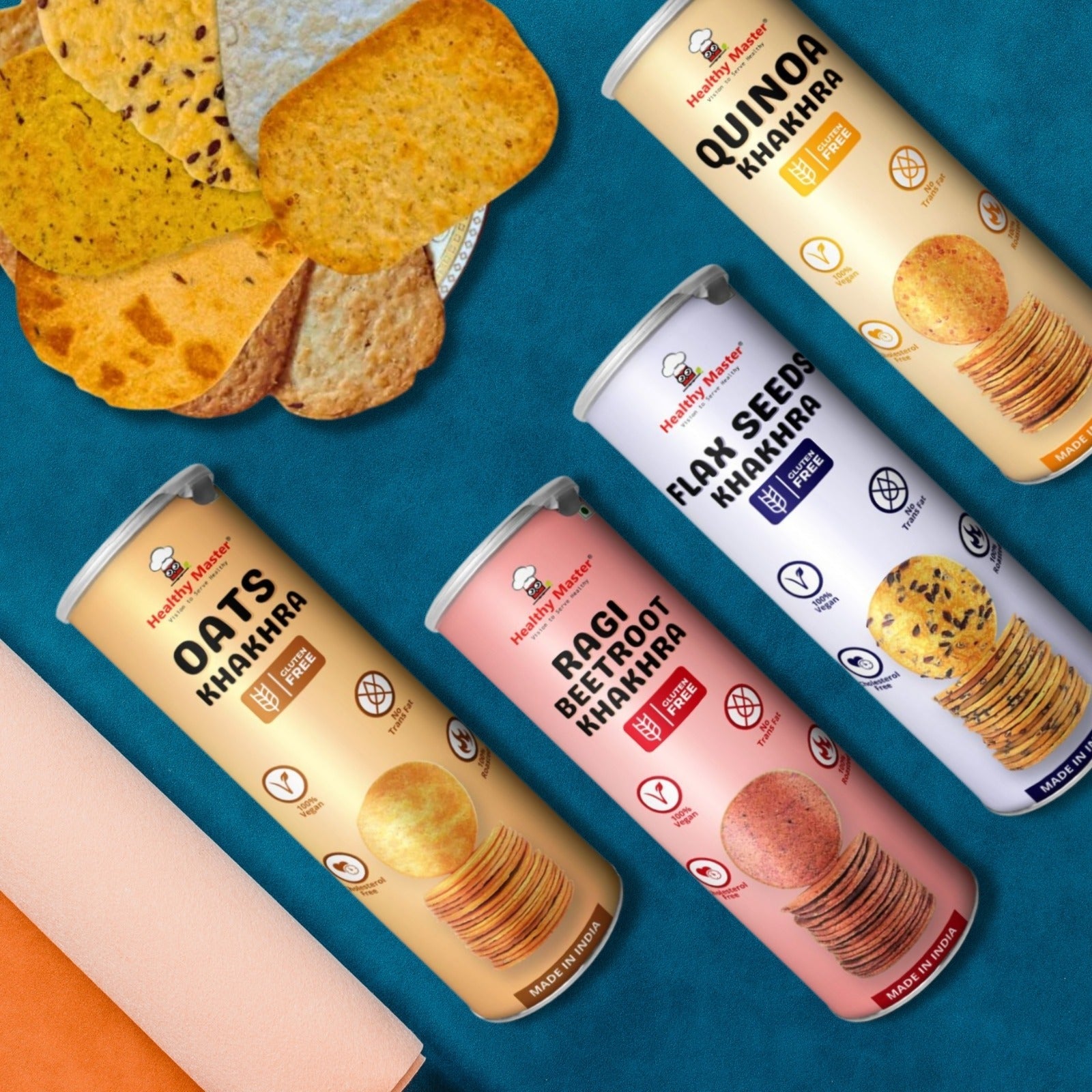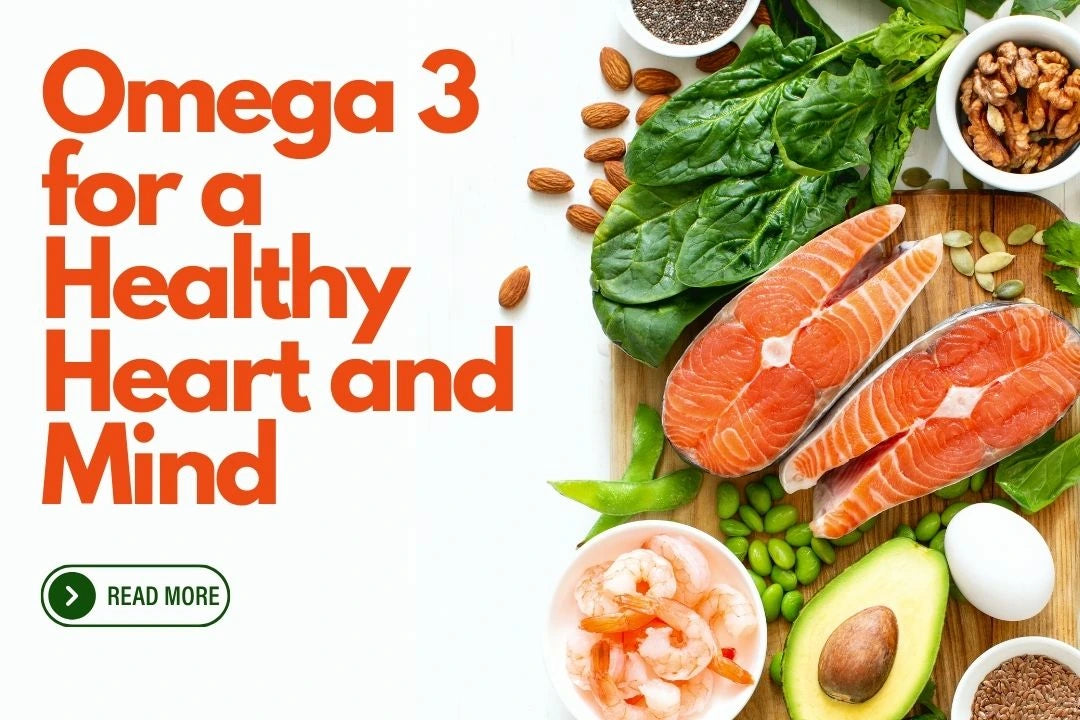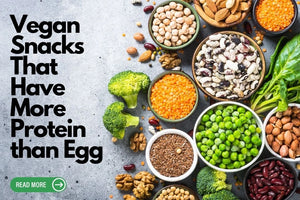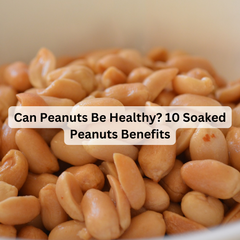Most of us would have heard that Omega 3 fats are good for our health. Yes, it is true! Some fats are healthy and can be good for our body. Omega-3s are essential fatty acids that our body needs to function properly. This content will provide you more information on these nutrients and why it is important to include Omega-3 rich foods in your diet. But before you get into the depth, it is important to understand what it is.
What is Omega 3?

Omega-3s are essential fatty acids, which your body cannot produce naturally. They are the building blocks of fats that our body requires to perform all the functions. Different types of essential fatty acids important for our body are ALA (Alpha-linolenic acid), which you can obtain from nuts and seeds and the oils made from them, EPA (Eicosatetraenoic acid), which is obtained from oily fish, white fish and other seafoods and DHA (Docosahexaenoic acid), which can also be obtained from oily fish, white fish and other seafoods.
ALA is considered as the most important essential fatty acid that our body requires. Our body also converts the ALA into EPA and DHA, however, in small amounts. Although EPA and DHA are not essential fatty acids, it is also important to include them in our diet in small quantities.
Understanding The Benefits of Omega-3s
Heart Health

Omega 3 fatty acids have been linked to reduced risk of heart disease. They have several properties that improve our heart health in many ways. These factors are:
- Reduce Triglycerides
- Improved Blood Circulation
- Preventing Blood Clots
- Lowering Blood Pressure
- Maintaining a Healthy Heart Rhythm
Apart from these, they also have other roles to play in the body. They are important for the development of brains and retinas of growing babies. They are also present in the membranes of every type of cell in the body.
Brain Health

Omega-3s are often called brain foods due to the DHA content. They enhance memory, focus and learning capabilities in kids and adults. When it comes to mental health, they also reduces the symptoms of depression and anxiety. They also protect the brain against different types of age related cognitive decline and neurodegenerative diseases like Alzheimer’s.
Reduces Inflammation
Chronic inflammation is linked to several diseases, including arthritis, diabetes, and heart disease. Omega-3 fatty acids help in reducing inflammation, providing relief for those with inflammatory conditions.
Supports Eye Health and Healthy Skin

DHA is a structural component of the retina, and omega-3s can help prevent macular degeneration, a leading cause of blindness. They also help you to maintain skin moisture, reduce acne, and protect against sun damage.
Choosing Foods High in Omega-3s

- Fatty Fish: Oily fish is the best source for EPA and DHA. Fishes like mackerel, trout, salmon, anchovies and sardines are the best pick. However, it is important to consider the salt content when you are choosing fishes. If you are a vegetarian, you can get Omega-3s from chia seeds, flax seeds, rapeseeds, walnuts, soya beans and the oils made from them.
- Flaxseeds: A plant-based powerhouse, flaxseeds are loaded with ALA. Add ground flaxseeds to smoothies, oatmeal, or baked goods for a nutritional boost.
- Chia Seeds: Chia seeds are another excellent plant-based source of ALA. Just one tablespoon provides a significant omega-3 punch. Soak them in water or milk to make chia pudding or sprinkle them over salads and yogurt.
- Walnuts: Walnuts are not just delicious; they’re also a fantastic source of omega-3s. Snack on them raw or toss them into your morning cereal for a heart-healthy start.
- Algal Oil: For vegetarians and vegans, algal oil, a plant-based oil derived from algae, is a great alternative to fish oil. It’s high in both EPA and DHA.
- Canola Oil: Use canola oil for cooking or salad dressings as it contains ALA. It’s a versatile and affordable way to incorporate omega-3s into your diet.
- Eggs: Omega-3 enriched eggs are an easy way to boost your intake. Check labels to ensure the eggs are fortified with omega-3.
- Edamame and Soy Products: Soybeans, tofu, and other soy products contain a good amount of ALA. Incorporate them into stir-fries, soups, or salads.
- Hemp Seeds: Hemp seeds are rich in ALA and provide a nutty flavor to your dishes. They’re a great addition to smoothies, granola, or baked goods.
- Seaweed and Nori: These marine plants are excellent for those seeking vegan sources of omega-3s. Use them in soups, salads, or sushi.
Moderation Is Key

While omega-3s are essential, consuming them in moderation is important. Overconsumption, especially through supplements, can lead to side effects like blood thinning or gastrointestinal discomfort. Stick to natural food sources and consult a healthcare professional before starting supplements.
The Long-Term Benefits of Omega-3s
Consistently including these foods in your diet can yield incredible benefits for both your heart and mind. From reducing the risk of chronic diseases to enhancing mental clarity, these healthy fats are a true powerhouse for overall wellness.
Healthy Master’s Omega-3 Rich Offerings

At Healthy Master, we understand the importance of nutrient-rich foods. Our wide range of snacks, including roasted flaxseeds, chia seed blends, and omega-3 enriched trail mixes, are curated to make healthy eating simple and delicious. With our products, you can effortlessly incorporate omega-3s into your daily diet while enjoying every bite. They are best for people looking for vegetarian options to obtain Omega-3.
Closing Thoughts
Incorporating omega-3-rich foods into your daily routine is one of the simplest steps you can take for a healthier heart and sharper mind. Whether through a salmon dinner, a chia seed smoothie, or a handful of walnuts, these healthy fats deserve a regular spot on your plate.
Your journey to wellness begins with a single choices, choose health, and choose a brighter future.
 Deal of the week : Trial Snack Box - 18 Wholesome Delights Just at ₹ 899.00
Deal of the week : Trial Snack Box - 18 Wholesome Delights Just at ₹ 899.00



